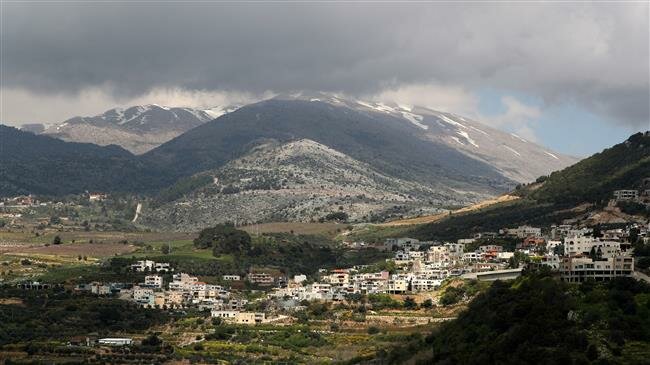Bolivia denies report half of Latin American UNASUR members have quit


Bolivia, the rotating president of the Union of South American Nations (UNASUR), has denied that half of the member states of the bloc have quit.
An unnamed Brazilian official had been cited in a Reuters report on Friday as saying that the governments of Argentina, Brazil, Chile, Colombia, Peru, and Paraguay had suspended their membership in UNASUR — established in 2008 to resist US influence in the region — shortly after Bolivia rose to its presidency.
However, Bolivia’s Foreign Minister Fernando Huanacuni said after the report was out that the six member states were merely trying to pressure for a quick turnover in the bloc’s presidency, emphasizing that they were not abandoning the organization — which rivals the US-led Organization of American States (OAS).
Huanacuni was further cited in local media reports as saying that Bolivia would call for an emergency meeting to resolve disputes among the members of the bloc, insisting that UNASUR “is a reality” and “is not going to disappear.”
“There is a historic responsibility, beyond ideological composition, that is a sovereign right of every state… The capacity to resolve ideological and political differences is a historical responsibility of governments… Coexistence creates responsibilities, rights, and obligations, which the UNASUR mechanism promotes,” he said.

UNASUR is an intergovernmental regional organization comprising 12 South American countries established on May 23, 2008 at the Third Summit of Heads of State held in Brazil. The bloc sought to counter the Washington-based OAS, which has been seen as a tool for promoting US policies in Latin America.
Other active members of the UNASUR are Venezuela, Bolivia, Ecuador, Uruguay, Guyana, and Suriname.
The development came after Bolivia proposed using the institution to create a Confederation of South American Indigenous Peoples, including all governments, to push toward integration and “universal citizenship” and to bring down what it described as “illegal walls,” a reference to the wall US President Donald Trump has promised to build along his country’s lengthy border with Mexico.
Also reacting to the Friday development was Venezuelan President Nicolas Maduro, who said at a press conference in Caracas that UNASUR will continue to be a path to unity and integration in Latin America while congratulating Bolivian President Evo Morales’ assumption of the bloc’s presidency.
“UNASUR is the legacy of all Latin Americans; UNASUR is the path for all the peoples to unite and that is why I have great confidence that Evo Morales’ presidency will be able to advance in this path,” Maduro said.
Meanwhile, at the OAS Summit of the Americas in Peru last week, the US joined Brazil, Argentina, Colombia, Chile, Peru, and Paraguay in censuring Venezuela’s upcoming elections, claiming that they will cement a “dictatorship” under President Maduro.
However, efforts to build consensus behind strongly-worded condemnations of Venezuela have been resisted by Caracas’ allies such as Cuba, Bolivia, and Caribbean nations.





